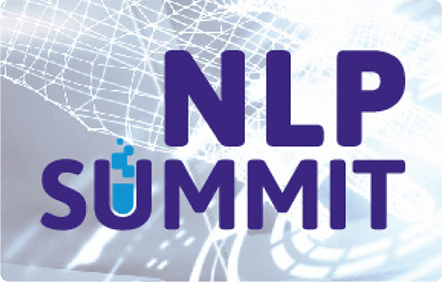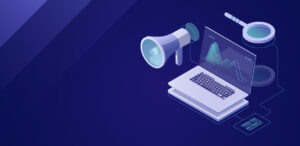Data is a commodity. The data collected by pharmaceutical companies from drug testing, retailers from shoppers, telephone carriers from mobile devices — all that information is valuable. What’s more, the amount of data is astronomical, as is the potential the inherent insight holds; that is, if you have the data or the ability to analyze data.
“While companies in the private sector may have the means to acquire and assess data, companies in the public sector and social organizations may struggle. Think volunteers treating children with HIV or charities dedicated to uplifting struggling communities,” says Ida Lucente, head of Marketing and Data Philanthropy Program at John Snow Labs.
John Snow Labs has helped support groups in South Africa (and around the world) treat mental illness and disease by collecting data and transforming it into actionable insight. A direct result of their work in this area is improved adherence to medical protocol and declining social stigma.
“We see data science and the use of data as a benefit to mankind,” Lucente says.
And her experience led to an epiphany: “At John Snow Labs we deeply believe in Data Philanthropy — companies sharing valuable private data resources to help solve community needs. It’s the future of corporate social responsibility,” she adds.
Data philanthropy typically happens in one of three ways: through donations of data, donating data scientists, or donating data-collecting technology to worthy causes.
Sounds straightforward, but there are intricacies to consider.
John Snow Labs prepares data for analysis. We find it, clean it, and normalize it for consumption. We figure out what the data will be used for and format it in the right way.
“Clean, optimized data sets move faster, work better,” Lucente says.
Let’s say you’re building an app that allows users to find harmful drug interactions. Between the active ingredients, licenses, and the interactions themselves, you need a lot of data. And if the app is for the public, your data set must be continually updated.
Another data-sharing challenge is deciding what data to share and with whom. For example, consider a pharmaceutical company that wants to share its findings on the side effects patients experience using their medication. On the one hand, they want other drug companies using the same ingredients to learn from them. On the other, they can’t put the data online because it could reveal sensitive patient information.
“Indeed, privacy is an important issue in data philanthropy”, Lucente says.
“A few years ago, there was a company that donated completely anonymized GPS information to the public in order to improve traffic. The data was well-received until someone figured out that you could use the data to track user destinations and addresses,” Lucente says. “Even if your data is completely anonymous, there’s still some risk in making it public.”
In order to avoid those risks, Lucente says companies must work with a team that understands how to handle data and maintain privacy. In other words, make certain you know who you’re giving your data to and that it’s done in a safe way.
The smart use of data can be a powerful agent for change.
“You can help healthcare communities find new therapies faster, farms grow food better, cities manage traffic more efficiently, and contribute to the betterment of the world around you,” Lucente says.






























